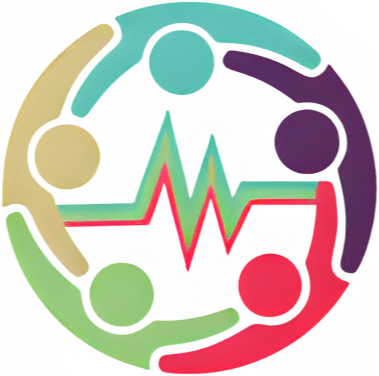Demystifying Neurofeedback
Hosted by Leigh Povia, MSW, LCSW, RPT, BCN
Explore what neurofeedback is, what it is not, and how it can be integrated clinically alongside other modalities.
Two-Hour Lecture & Demonstration | Available On Demand
Register NowA Practical Intro to Neurofeedback
Join Leigh Povia for a 2-hour introduction to neurofeedback. Participants will learn what neurofeedback is, what it is not, and how it can be used in a clinical capacity. Leigh shares her history with neurofeedback from the perspective of working with other modalities prior to neurofeedback, and what models and approaches are available.
Watch Free Introductory VideoWhat to Expect From This Course
Get to Know Neurofeedback: Participants will be able to articulate a definition of neurofeedback and name different models or clinical approaches utilized through neurofeedback.
Learn How It Helps: Participants will learn the fundamentals of how neurofeedback works, how neurofeedback is used in a clinical capacity, and how it could be applied to different client populations in an appropriate manner.
Live Neurofeedback Demo: Participants will see a demonstration of a neurofeedback session including the process of applying electrodes, instructing the client, and operating a neurofeedback system.
Where to Go Next: Participants will hear about neurofeedback training, costs, and how to evaluate a neurotherapist's approach within the context of referring clients or patients.
Read More About Demystifying Neurofeedback

About Leigh Povia
Leigh Povia, MSW, LCSW, RPT, BCN is a Board Certified Neurofeedback provider. She is a Licensed Clinical Social Worker in New Jersey, Registered Play Therapist, Certified EMDR Therapist, and an Approved EMDR Consultant.
Leigh is currently working in private practice at Center for Dynamic Growth in Hamilton, New Jersey, an agency she created to provide a multi-modal approach to healing. Leigh works with children, adolescents, adults, families, and couples, as well as taking ample time to provide mentoring and consultations for other therapists.
"Many people misunderstand or are intimidated by neurofeedback. For example, therapists often express the mistaken beliefs that it inserts something into the brain, which it does not. This course will help clarify what neurofeedback is and what it is not, and who it can help."
This course is designed to address neurofeedback's principles, history, and the methods used in neurofeedback training. It will also explore how to evaluate a neurotherapist before referring your client to them, or options for pursuing your own training in the modality.
Among the topics to be examined:
- The basic principles of neurofeedback. *How NF is connected to biophysiology, operant and classical conditioning.
- The history of neurofeedback.
- The energy/electrical frequencies in the brain and how they affect arousal.
- Various models of neurofeedback training.
- Populations neurofeedback has been shown to help and what models were used.
- What questions to ask a neurotherapist to help the referring clinician feel confident in their neurofeedback referrals.
Who Should Attend This Course?
Will Recordings be Available?
How Do I Earn Continuing Education (CE) Credits?
Will There Be Time for Questions?
I’m Already Familiar With Neurofeedback, Will This Course Help Me?
I’m Already Familiar With Neurofeedback, How Can I Help Others?
Participants who complete this course can earn 2 Continuing Education (CE) credit hours for their participation.
Upon completion of this course and the provided assessments, attendees will demonstrate their ability to:

Demonstrate an understanding of neurofeedback, how the modality works, and how it can be utilized clinically.

Explain how neurofeedback interacts with the brain, and why neurotherapists utilize the modality with their populations.



